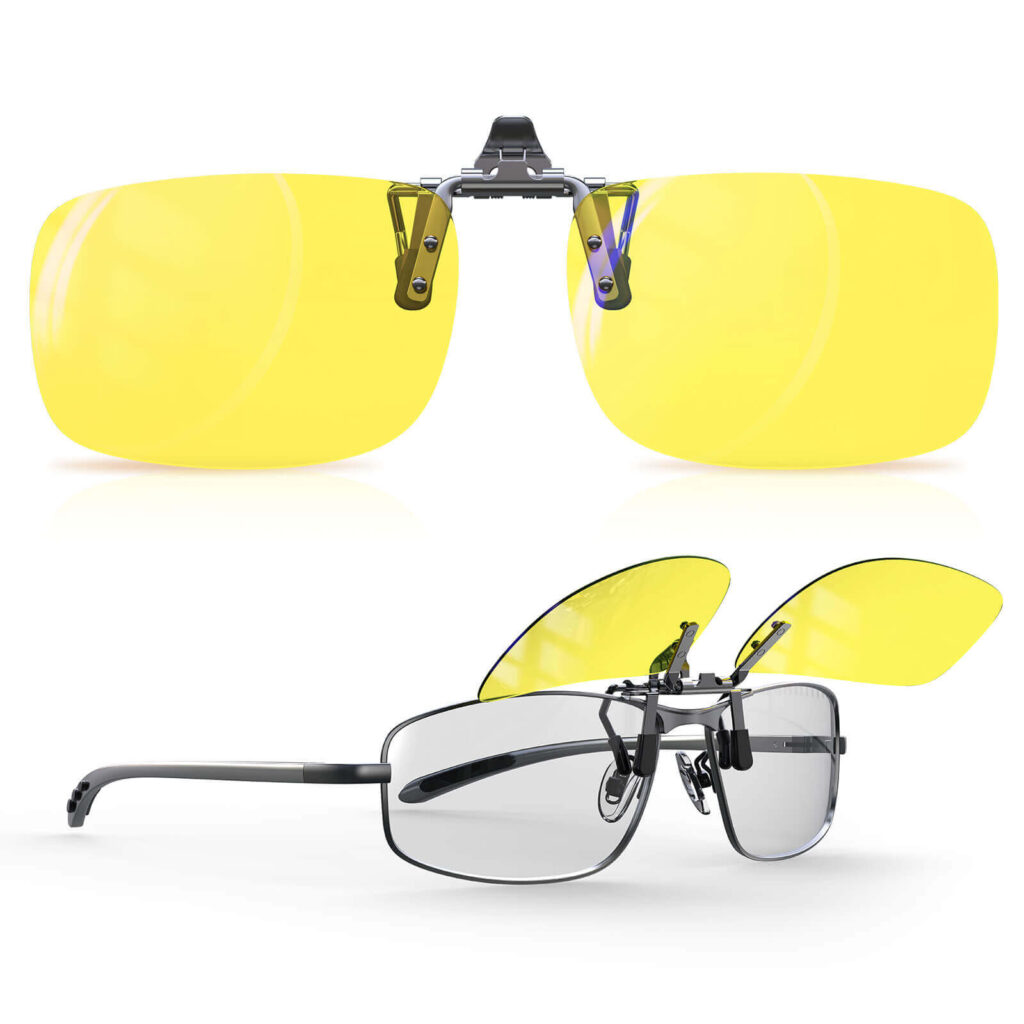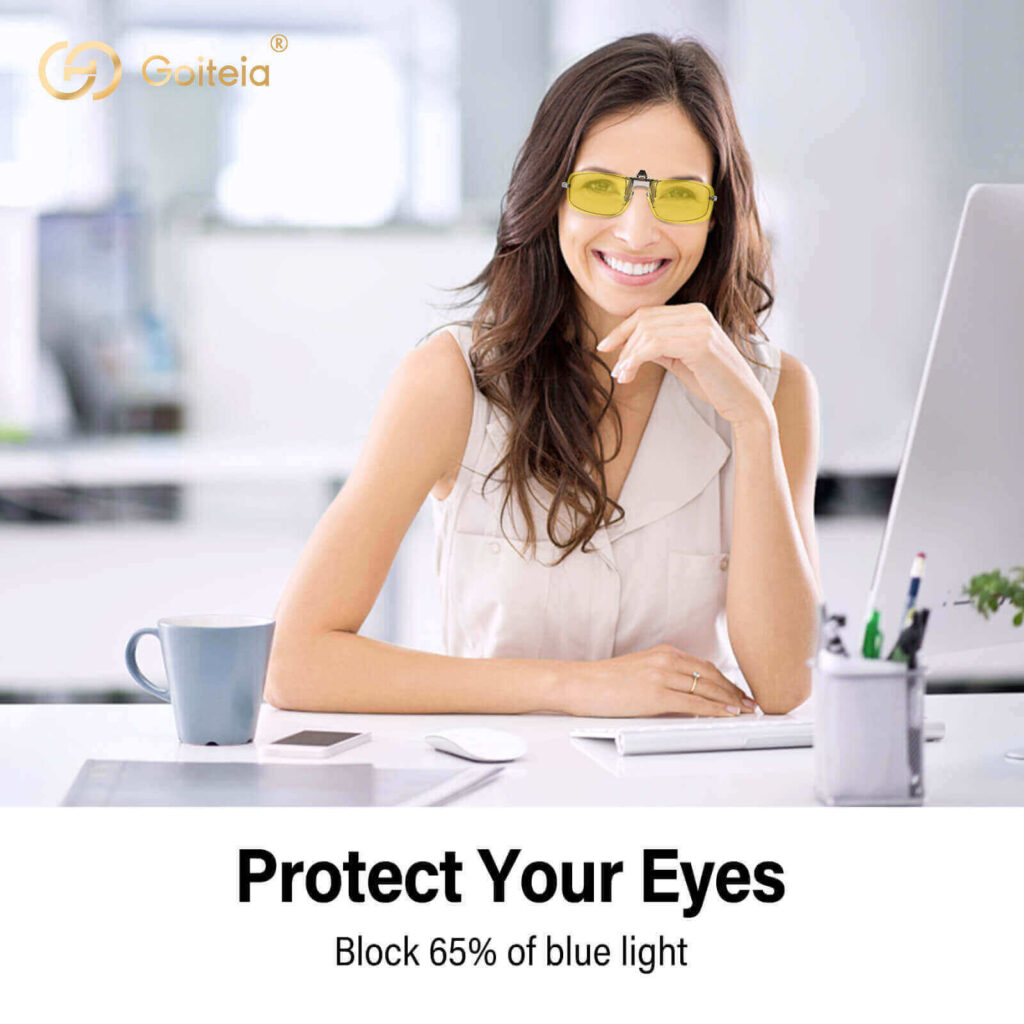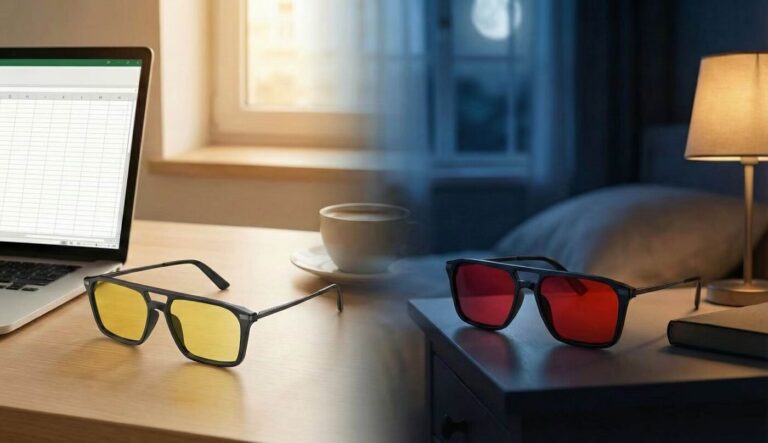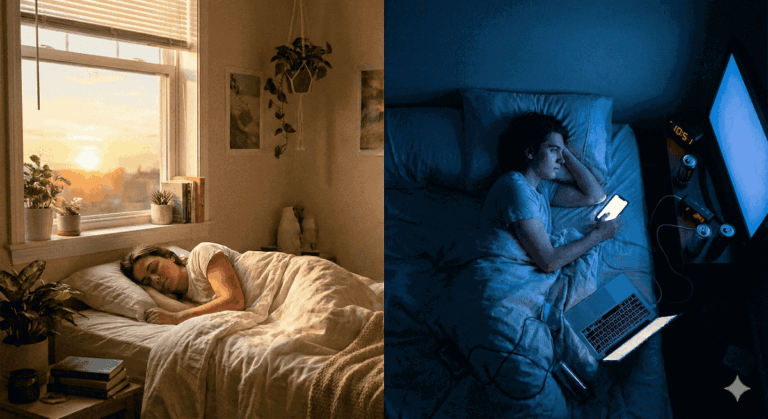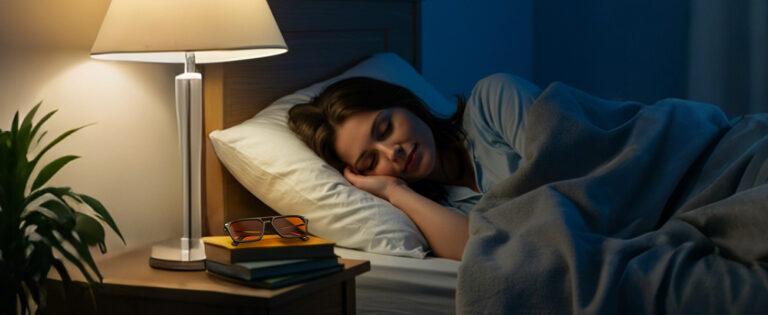Free UK/DE/FR/IT/ES/US Shipping, Other Countries (Free on Orders Over £50) SHOP NOW
Choosing the right reading glasses isn’t just about picking a pair that looks good or fits within your budget. It’s a decision that affects your daily comfort and long-term eye health. From understanding frame materials to recognizing the subtleties in lens coatings, there are many practical factors to consider that might not be immediately obvious. In this guide, we’ll delve into the nuances of selecting the best reading glasses for men, highlighting details you may not have considered but are crucial for optimal vision and comfort.
Different Things Men and Women Think About When Choosing Reading Glasses
Selecting reading glasses involves more than just finding a stylish frame. Men and women often have different needs and preferences, which influence their choice of eyewear.

Style Preferences
While personal style is subjective, men’s reading glasses typically lean towards classic and understated designs. Think solid colors, clean lines, and durable materials. On the other hand, women’s reading glasses might feature more vibrant colors, intricate patterns, and stylish embellishments. However, men’s glasses don’t have to be plain. Designer reading glasses offer sophisticated options that combine elegance with functionality.
Face Shape and Size Considerations
Your face shape significantly impacts which glasses will look and feel best on you. Here’s a quick rundown:
Square Face: Round or oval frames can soften angular features and add a touch of balance.
Round Face: Rectangular or square frames add structure and definition.
Oval Face: Most styles work well, but be cautious with oversized frames that may overwhelm your features.
Frame size is also critical. Glasses that are too large or too small can affect comfort and functionality, so ensure the frame fits well and complements your face shape.
Lifestyle and Usage Needs
Your daily activities play a huge role in determining the best reading glasses
Office Workers: If you spend long hours in front of a computer, blue light reading glasses can help reduce digital eye strain and improve visual comfort.
Outdoor Readers: If you frequently read outside, consider photochromic lenses that adjust to changing light conditions or sunglasses with reading capabilities.
Active Individuals: For those on the go, folding or foldable reading glasses are convenient and portable, fitting easily into pockets or small bags.
Types of Men’s Reading Glasses That Actually Work
When it comes to reading glasses for men, there are several types that are specifically designed to address different needs and situations. Here’s a breakdown of the most effective types and why they work well for various scenarios:

Single Vision Reading Glasses
These glasses have lenses with a single corrective power, perfect for reading and close-up tasks.
Situation: Ideal for men who need help with tasks like reading books, newspapers, or working on hobbies that require fine detail work.
Bifocal Reading Glasses
Bifocals have two distinct optical powers – one for distance vision and one for close-up tasks.
Situation: Great for men who need to switch between reading and looking at something far away, like reading a book and then watching TV.
Trifocal Reading Glasses
Trifocals provide three levels of correction – for near, intermediate, and distance vision.
Situation: Useful for men who need clear vision at multiple distances, such as reading, computer work, and driving.

Progressive Lenses
Progressive lenses offer a gradual transition between multiple lens strengths without visible lines.
Situation: Best for men who want a seamless experience moving from reading to intermediate and distance vision without the abrupt changes of bifocals or trifocals.
Computer Reading Glasses
These glasses are designed to reduce eye strain from long hours in front of a screen, often with blue light blocking technology.
Situation: Essential for men who spend a lot of time working on computers or other digital devices.
Hobby Reading Glasses
Tailored for specific activities that require precision, such as crafting, woodworking, or model building.
Situation: Perfect for men engaged in detailed hobbies that require enhanced close-up vision.
Blue Light Blocking Reading Glasses
These glasses filter out harmful blue light emitted by screens, which can cause eye strain and disrupt sleep. Blue Light Blocking Clip On Glasses can indeed be a practical option for regular reading glasses.
Situation: Ideal for men who frequently use smartphones, tablets, or computers, especially in the evening or before bed.
Photochromic Reading Glasses
Lenses that automatically darken in bright light and return to clear indoors, providing both reading correction and sun protection.
Situation: Convenient for men who read outdoors frequently and want to protect their eyes from UV rays without switching between glasses and sunglasses.
Foldable Reading Glasses
These glasses can be folded into a compact size, making them easy to carry in a pocket or small case.
Situation: Great for men who need a portable option to have reading glasses on the go, especially useful for travel or when running errands.
Key Things to Think About When Picking Men’s Reading Glasses
When selecting reading glasses, several key factors ensure you get the best fit and functionality:
Prescription Needs
An up-to-date prescription is essential for clear vision. Regular eye exams help maintain an accurate prescription and monitor eye health, ensuring your glasses meet your current vision needs.
Frame Material and Durability
The material of your frames affects both their longevity and comfort:
Metal Frames: Often durable and adjustable, metal frames are a classic choice. They’re generally more flexible but may require occasional adjustments.
Plastic Frames: Lighter and available in various styles and colors, plastic frames are less likely to get bent out of shape but may not be as adjustable as metal frames.
Eco-Friendly Options: Sustainable materials offer durability and environmental benefits, catering to those who prioritize eco-conscious choices.
Lens Quality and Coatings
Quality lenses and coatings enhance vision and protect your eyes:
Anti-Reflective Coating: Reduces glare from screens and lights, improving clarity and reducing eye strain.
Scratch-Resistant Coating: Protects lenses from everyday wear and tear, keeping them clear and durable.
UV Protection: Shields your eyes from harmful UV rays, which is crucial even for indoor activities.
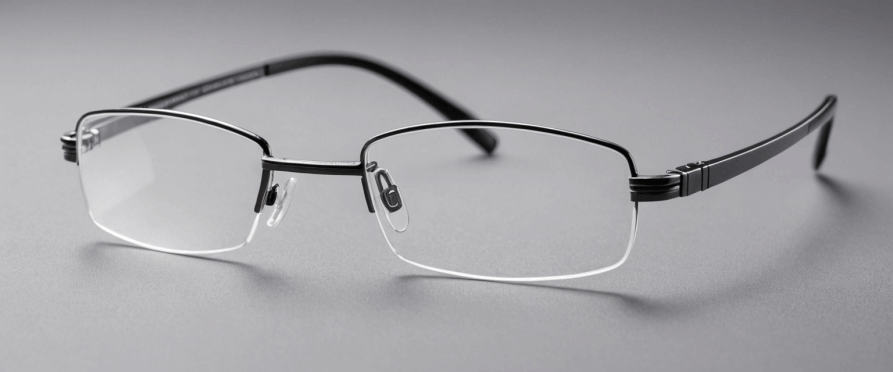
Comfort and Fit
Adjustable Nose Pads: Ensure a better fit and reduce pressure on your nose, enhancing overall comfort.
Spring Hinges: Allow for flexibility and can prevent frames from breaking, improving durability.
Weight of the Glasses: Lighter frames are more comfortable for extended wear, reducing strain on your nose and ears.
If you just want to pick men’s reading glasses that work for most people, here are the four most important points.
If you’re seeking a pair of readers that will work well for most men without diving into complex choices, focus on these four essential factors:
Opt for glasses with adjustable nose pads and flexible frames
This ensures that the glasses fit comfortably on a variety of face shapes and sizes, minimizing the risk of discomfort during prolonged use.
Single vision reading lenses are generally the best choice for most people
They are simple and effective for close-up tasks, such as reading or working on detailed projects. They provide clear and sharp vision without the need for multifocal adjustments.
Durability and Quality
Choose glasses made from durable materials like metal or high-quality plastic. Ensure the lenses have scratch-resistant coatings and UV protection to extend their lifespan and protect your eyes from harmful rays.
Blue Light Protection
Spending a lot of time staring at screens every day can cause headaches, eye strain, and more. Plus, a 2024 study Short Videos: The Real Detrimental Inducer for Concealed Brain Damage Published in Science Insights highlighted the dangers of using electronic devices. This article explores how short videos might impact brain health, diving into the neurological, cognitive, psychological, and emotional effects of too much screen time.
For those who spend significant time in front of screens, blue light reading lenses are essential. These glasses feature special coatings that filter out harmful blue light emitted by digital devices. Blue light protection helps reduce digital eye strain, improve visual comfort, and prevent potential long-term damage from prolonged screen exposure.
By focusing on these four key aspects, you can ensure that your reading glasses provide comfort, durability, and protection while meeting the needs of most ordinary users.
The Harm of Bad Reading Glasses
Wearing incorrect or poorly fitting reading glasses can have several negative effects:
Eye Strain and Discomfort
Ill-fitting glasses or incorrect prescriptions force your eyes to work harder, leading to strain and discomfort. This can cause headaches and visual fatigue.
Headaches and Dizziness
Improper glasses can lead to frequent headaches and dizziness. If you experience these symptoms, it may indicate that your glasses need adjustment or a new prescription.
Long-Term Vision Issues
Consistently using the wrong glasses can exacerbate existing vision problems or create new ones over time. Proper prescription and fit are crucial for maintaining long-term eye health.
Conclusion
Choosing the right men’s reading glasses involves more than just picking a stylish frame. By understanding the different types of glasses, considering your personal needs, and focusing on comfort and fit, you can make an informed decision that enhances your vision and daily comfort. Remember, the right pair of reading glasses can significantly impact your quality of life, so take the time to choose wisely.
Frequently Asked Questions
Q1: How often should I replace my reading glasses?
It’s recommended to replace your reading glasses every 1-2 years or whenever your prescription changes. Regular eye exams can help determine if an update is needed.
Q2: Can I use readers for computer work?
Yes, but it’s best to use blue light reading glasses designed specifically for screen use. They reduce glare and prevent digital eye strain.
Q3: How do I know if my prescription needs updating?
If you experience blurred vision, frequent headaches, or eye strain, it might be time for a new prescription. Regular eye exams will help determine if an update is needed.
Q4: What are the signs that I need reading glasses?
Common signs include difficulty reading small print, squinting, or experiencing eye strain after reading or using digital devices.
Q5: Are there any risks to wearing over-the-counter readers?
Over-the-counter reading glasses may not provide the correct prescription or fit, leading to eye strain or discomfort. It’s best to consult with an eye care professional for a tailored prescription.


